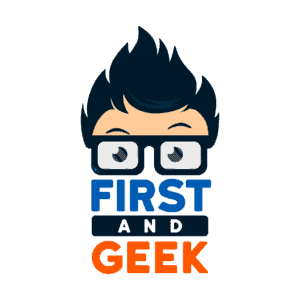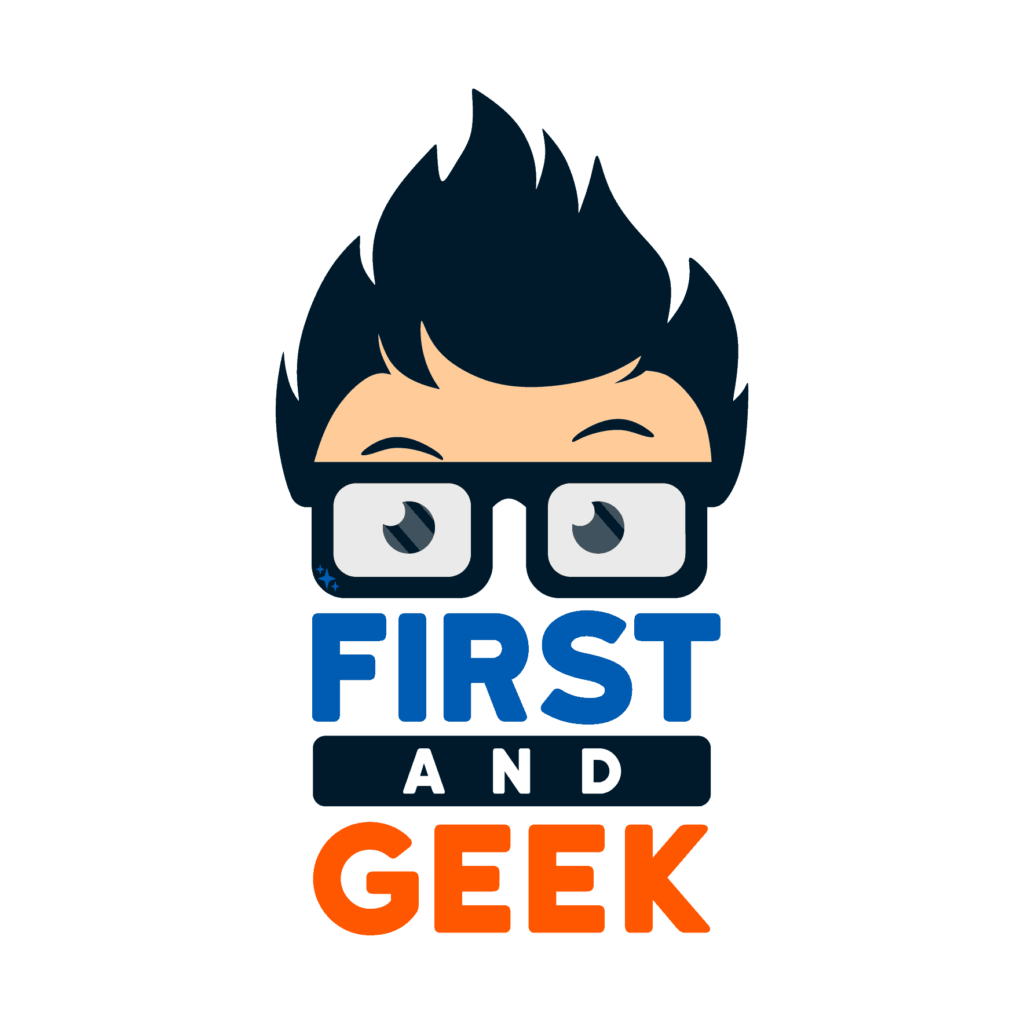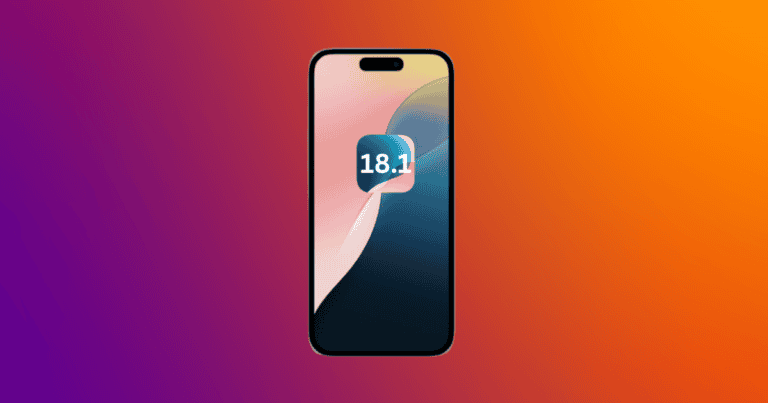NBC’s recent application of AI to replicate Al Michaels’ voice for the Olympics and Toys R Us‘s venture into AI ad creation at the Cannes Film Festival have ignited fascinating discussions concerning the convergence of technology and creativity in the media realm. These advancements urge us to contemplate the effects of AI on shaping the future of content creation and marketing tactics. As we explore the impact of AI on conventional storytelling and branding, it becomes clear that we are on the verge of a revolutionary era where artificial intelligence merges with human creativity to redefine the limits of innovation and communication.
NBC’s Voice Cloning for Olympics
Utilizing cutting-edge AI technology, NBCUniversal has successfully cloned sportscaster Al Michaels’ voice for personalized recaps of the 2024 Olympics on its streaming service Peacock. The AI-generated voice closely mimics Michaels’ renowned broadcasting style, allowing for a tailored and immersive viewing experience for subscribers.
By addressing viewers by name and providing personalized content, NBC aims to enhance viewer engagement and satisfaction during the Olympic Games.
This groundbreaking use of voice cloning technology has enabled NBC to deliver nearly 7 million unique highlight packages narrated by the AI clone of Al Michaels. Through training the AI model with extensive data from Michaels’ past NBC appearances, a near-perfect replica of his voice was achieved, ensuring a seamless and authentic delivery for the Olympics coverage.
Initially met with skepticism, Al Michaels himself praised the AI voice clone for its accuracy and performance, showcasing the advancements in AI technology and its potential to revolutionize personalized content experiences in the creative industry.
Toys R Us AI Ad Creation
NBC’s successful use of AI voice cloning for the Olympics reflects a broader trend in the creative industry. This trend was also exemplified by Toys R Us‘ recent venture into AI ad creation, which was showcased at the Cannes Film Festival. At the event, Toys R Us premiered an AI-generated brand video, utilizing OpenAI’s text-to-video tool called Sora. The minute-long video featured iconic figures such as the late Toys R Us founder, Charles Lazarus, and Geoffrey the Giraffe.
Despite evoking mixed reactions online, with concerns raised about AI potentially replacing human roles in creative industries, Toys R Us and Native Foreign, the creative agency behind the project, deemed the AI video a successful test of new technologies in their creative arsenal. The collaboration aimed to blend AI technology with human creativity, emphasizing emotion and soul in the brand video.
This foray into AI ad creation signifies a bold step towards leveraging generative technologies to enhance brand storytelling in the ever-evolving landscape of marketing and advertising.
AI Impact on Creative Industry
AI’s growing influence on the creative industry has sparked debates and concerns regarding its impact on traditional creative roles and the essence of human expression in content creation. The integration of artificial intelligence tools in content creation processes has raised questions about job displacement, with fears that AI-generated content may eventually replace human roles in acting, writing, and design. This has led to discussions on the delicate balance between technology and creativity, as some creatives worry about preserving human emotion and soul in their work.
Despite these concerns, there is also recognition of the potential benefits of AI tools in commercial advertising and creative projects. For instance, the collaboration between Toys R Us and Native Foreign showcased how blending AI technology with human creativity can lead to innovative approaches in content creation.
The use of AI, exemplified by projects like Sora for commercial advertising, highlights the evolving landscape of the creative industry and the need to navigate the opportunities and challenges presented by artificial intelligence.
Future of AI in Content Creation
The ongoing integration of artificial intelligence in content creation processes is shaping a future where innovation and efficiency intersect with creative expression. AI technology plays a pivotal role in enhancing content creation by streamlining personalized content packages efficiently. This includes analyzing data to tailor content styles, such as sports commentary, for personalized user experiences.
Moreover, AI is democratizing creativity by providing accessible tools for enhanced content creation, thereby broadening the scope of creative expression. However, it is essential to strike a balance between AI assistance and human creativity to guarantee the evolution of creative processes remains authentic and resonant.
As AI continues to revolutionize content creation, discussions surrounding the future of AI in creative industries intensify. The impact of AI on job roles and the ongoing evolution of technology in creative fields spark debates on how best to harness AI’s capabilities while preserving the essence of human creativity.
Finding this equilibrium will be crucial in navigating the future landscape of content creation where AI and human ingenuity collaborate synergistically.
Ethical Considerations With AI
Considering the rapid integration of artificial intelligence in creative industries, ethical considerations surrounding AI’s impact on job roles and human creativity have become increasingly prominent.
The use of AI in content creation has raised concerns about potential job displacement for human actors, writers, and designers, sparking debates on the balance between AI assistance and human creativity. Some within the creative community fear that AI technology could potentially replace human roles, leading to uncertainties about preserving human emotion and soul in creative works.
As the discussion on the impact of AI on job positions in creative industries continues, finding a balance between leveraging the benefits of AI tools in creative processes while upholding ethical considerations remains an essential consideration. The ongoing exploration of these ethical dilemmas underscores the need for thoughtful reflection and decision-making to navigate the evolving landscape where AI and human creativity intersect.
Innovation in Storytelling With AI
Innovative approaches to storytelling are being revolutionized through the integration of artificial intelligence technologies. This blend of AI with storytelling is pushing boundaries in content creation, as seen in recent projects such as NBC’s personalized Olympic recaps and Toys R Us’ AI-generated brand video. These advancements highlight the potential of AI in enhancing narratives and engaging audiences in new and alluring ways.
Personalized Olympic Recaps: NBC’s use of AI to clone Al Michaels’ voice for delivering personalized Olympic recaps on Peacock showcases how AI can tailor content to individual preferences, offering a unique and personalized storytelling experience.
AI Voice Replica: The creation of an AI voice replica trained on Michaels’ past appearances demonstrates the ability of AI to closely mirror an individual’s style, paving the way for innovative storytelling techniques in the future.
Blending AI Technology: Native Foreign’s initiative to blend AI technology with human creativity in creating an AI-generated brand video at Cannes Film Festival exemplifies the collaborative potential of AI in storytelling, fostering new levels of creativity and ingenuity.
Storytelling with AI: These examples underscore the evolving landscape of storytelling with AI, hinting at a future where artificial intelligence plays a significant role in shaping narratives and enchanting audiences worldwide.
AI’s Role in Visual Content
AI’s integration into the world of visual content creation is reshaping traditional approaches to storytelling and engaging audiences in new ways. Importantly, companies like Toys R Us have started using AI technology, such as OpenAI’s generative AI tools, to create content like the AI-generated brand video featuring Charles Lazarus and Geoffrey the Giraffe. This shift towards AI-generated visual content marks a significant development in the creative industries, highlighting the potential for innovative storytelling methods.
Furthermore, the use of AI in visual content creation goes beyond individual projects. For instance, NBC utilized AI to replicate Al Michaels’ voice for personalized Olympic summaries on Peacock, demonstrating how AI can be harnessed using a server farm to analyze subtitles and metadata.
While these advancements showcase the capabilities of AI in enhancing visual storytelling, recent online criticism of AI-generated content also raises concerns about its impact on creative industries. The convergence of AI and visual content creation presents both opportunities and challenges for the future landscape of creative expression.
Implications of AI Integration
The utilization of AI technology in broadcasting, exemplified by NBC’s voice cloning for personalized Olympic recaps, underscores the transformative implications of AI integration in creative industries.
- Enhanced Personalization: AI enables the delivery of personalized content experiences at scale, as seen in NBC’s tailored Olympic recaps through voice cloning.
- Job Displacement Concerns: The use of AI in creative industries raises questions about potential job displacement and the impact on human creativity, as highlighted by the debate sparked by Toys R Us’s AI-generated brand video.
- Efficiency and Innovation: AI integration offers opportunities for enhanced efficiency and innovation in content creation processes, showcasing the potential for groundbreaking advancements in storytelling and visual content.
- Balancing Technology and Human Creativity: Finding the right balance between leveraging AI tools for enhanced creativity while preserving human ingenuity remains a critical challenge in the evolving landscape of creative industries.
Shaping Creative Industries With AI
The integration of AI technologies into creative industries is reshaping the landscape of content production and distribution, fostering new opportunities for innovation and efficiency.
Examples such as NBC’s use of AI to clone Al Michaels’ voice for personalized Olympic recaps and Toys R Us’s AI-generated brand video at the Cannes Film Festival highlight the increasing role of artificial intelligence in enhancing storytelling and visual content.
While NBC’s application showcases AI’s impact on content personalization, Toys R Us’s initiative has sparked a debate on AI’s role in creative industries.
The use of AI tools like Sora by Native Foreign for the Toys R Us video emphasizes AI’s potential in creative content creation, prompting discussions on the balance between AI technology and human creativity in branding.
Viewer reactions to the AI video further contribute to the ongoing debate, indicating that the successful integration of AI in creative projects sets a precedent for future collaborations blending AI technology with innovative endeavors.
Final Thoughts
To sum up, the use of AI technology in creative industries such as broadcasting and marketing is paving the way for innovative storytelling and enhanced viewer experiences.
As the saying goes, ‘The sky’s the limit’ when it comes to the potential of AI in shaping the future of content creation and brand communication.
It is essential for professionals in these industries to embrace and leverage AI technology responsibly to stay ahead of the curve.






